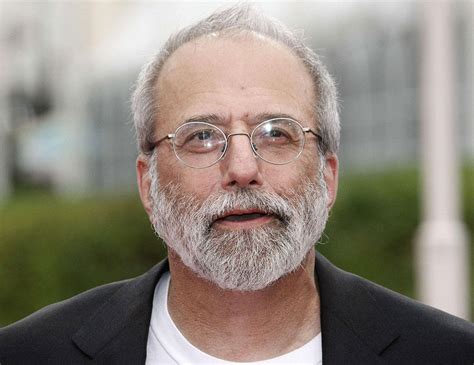A Quote by Dorothy Day
Common sense in religion is rare, and we are too often trying to be heroic instead of just ordinarily good and kind.
Related Quotes
Independent of the critique I'm making, I'm just trying to paint a more comprehensive portrait of American religion than you get from a right versus left, religious conservatives versus secular liberal, believer versus atheist, binary. Too often, we just look at religion in America through that kind of either/or lens. I think it's much more complicated than that.
The heroic books, even if printed in the character of our mother tongue, will always be in a language dead to degenerate times; and we must laboriously seek the meaning of each word and line, conjecturing a larger sense than common use permits out of what wisdom and valor and generosity we have. The modern cheap and fertile press, with all its translations, has done little to bring us nearer to the heroic writers of antiquity. They seem as solitary, and the letter in which they are printed as rare and curious, as ever.
Without the heroic, man has no meaning; without the economic, he has no sense. Economic man is most likely to be economic woman - a good wife, pulling the coat tails of her heroic husband, checking his extravagances of speech and action with words of caution and good sense. But without the heroic coat tails to pull, life for both of them would be dull and savorless indeed.
Mathematics is often erroneously referred to as the science of common sense. Actually, it may transcend common sense and go beyond either imagination or intuition. It has become a very strange and perhaps frightening subject from the ordinary point of view, but anyone who penetrates into it will find a veritable fairyland, a fairyland which is strange, but makes sense, if not common sense.
One must shed the bad taste of wanting to agree with many. "Good" is no longer good when one's neighbor mouths it. And how should there be a "common good"! The term contradicts itself: whatever can be common always has little value. In the end it must be as it is and always has been: great things remain for the great, abysses for the profound, nuances and shudders for the refined, and, in brief, all that is rare for the rare.
The characteristic of genuine heroism is its persistency. All men have wandering impulses, fits and starts of generosity. But when you have resolved to be great, abide by yourself, and do not weakly try to reconcile yourself with the world. The heroic cannot be the common, nor the common the heroic.





































